Pension subtleties: how to ensure old age in different countries of the world
Categories: Europe | Nations | North America | Society | World
PictolicRecently it became known that the deduction of part of earnings for individual pension capital (IPK) will not be practiced in Russia. Instead, the voluntary pension system will be overhauled.
Today, it is difficult to come up with something new in this area-there are a huge number of pension schemes in the world, among which there are many that can be adopted in our country.

Americans can receive two types of pensions — the state and from the employer. The state, as a rule, pays a pensioner about $ 1,400 a month (about 93 thousand rubles). This amount may vary slightly in different states. The employer pays 6.2% of the salary of its retired employee, and also deducts 1.45% for his medical insurance.

The military and police officers have their own pension system, which takes into account some other factors. The retirement age in the United States comes at 67, but you can retire earlier. However, both types of payments will decrease proportionally.
In the event that a US citizen does not live to retire, his or her spouse receives part of the money. For those who have not earned a pension, that is, they do not have the 10 years of experience necessary for this, a special allowance is provided — 40% of the average salary in the country.
The second type of pension is funded. They are received by participants of voluntary insurance programs. The most popular of them are the IRA (Individual Retirement Account) and the 401K plan. The 401K insurance system is opened not by the employee himself, but by his employer. The company in which the future pensioner works can make deductions in favor of the future pension together with him.
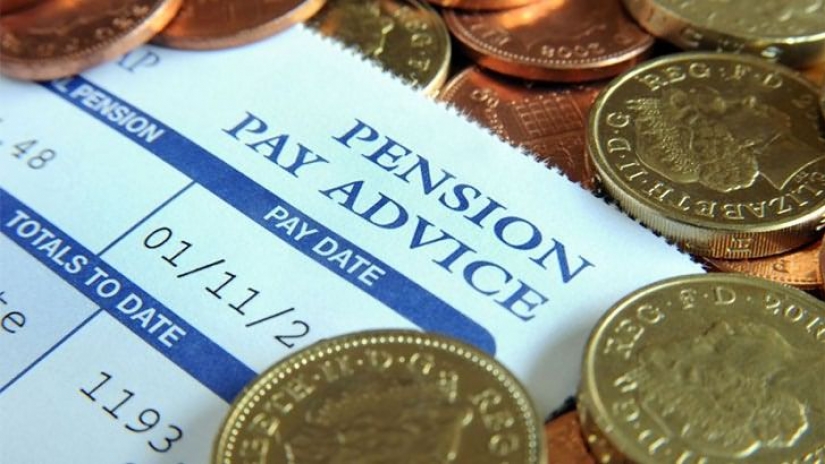
Pension contributions in the United States are completely exempt from taxes and are protected by a special Pension Benefit Guarantee Corporation insurance against various economic shocks. The pension account is managed by its owner — he can make contributions to investment funds, bonds or shares. The savings can also be spent on paying for tuition or paying off loans.
Residents of this country retire at the age of 65. The pension in New Zealand does not depend on the length of service, nor on how much the employee deducted to the account. The main thing for a New Zealand pensioner is to be a citizen of the country and live on its territory for at least 10 years.
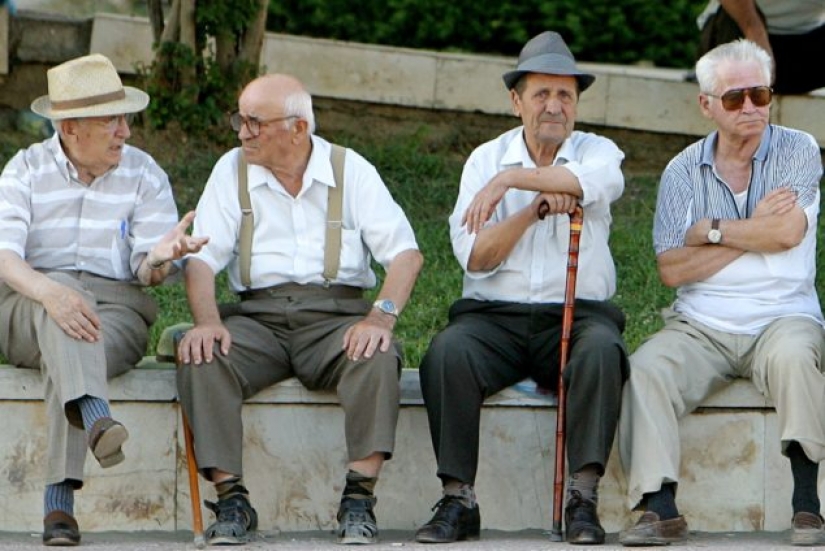
The amount depends on the average salary in the country, the marital status of a person and whether his second half receives any social benefits and compensation. Single pensioners have the highest payments — they receive on average from 1400 to 1800 New Zealand dollars (from 60 to 76 thousand rubles).
The state takes care of pensioners in other ways, for example, by providing free travel and discounts for participation in various events. Citizens themselves can participate in accumulative insurance systems, the most popular of which is KiwiSaver. At will, New Zealanders can save from 3 to 10% of their earnings.
The employer makes a contribution to the insurance system in the amount of 3% of the salary, and in addition, the state also makes deductions. The amount of the country's contribution depends on the contribution made by the citizen himself and his employer. You can also invest money in various funds with different strategies.
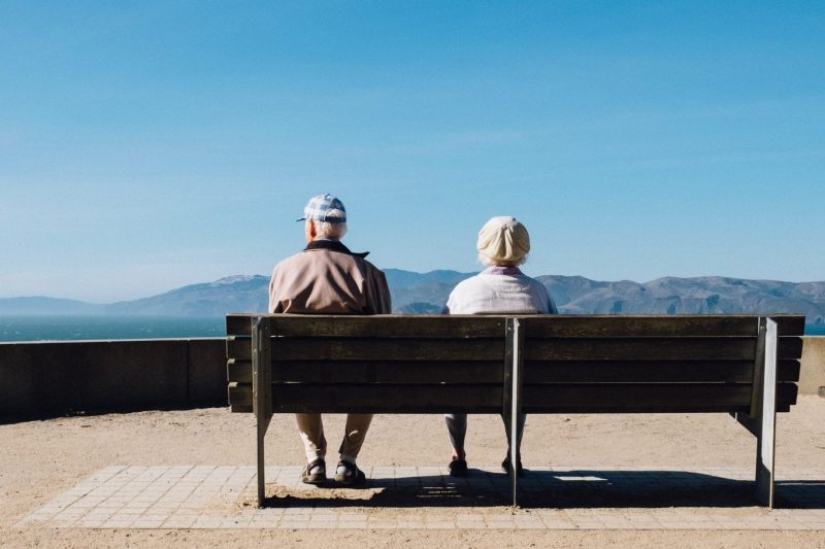
Pension savings can be used to purchase a first home if a pensioner is in a difficult life situation. In order not to make contributions to KiwiSaver-type systems, but to count only on a state pension, a resident of New Zealand must write a special application for refusal.
Japan is a rapidly aging country. Almost a third of its citizens are pensioners. On average, a Japanese person receives a pension of $ 1,500 (100 thousand rubles), but there are also those who are entitled only to the minimum $ 600 (40 thousand rubles).
Today, the retirement age in the Land of the Rising Sun is 65 years, but due to the large number of elderly people, it is planned to increase it to 70 in the near future. At the same time, no one forces the Japanese to work up to a certain age — they can retire earlier. In this case, the pension is also reduced by about a third.
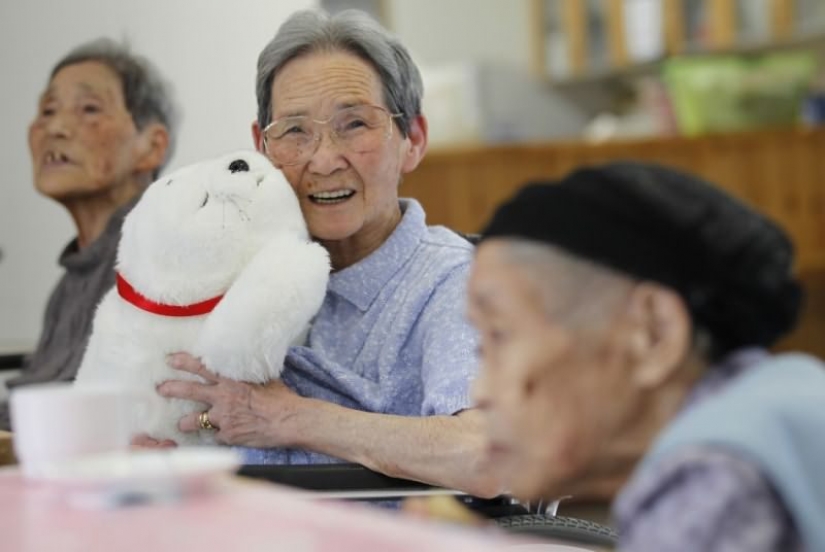
The authorities of the country are especially concerned about the future well-being of their residents. From the age of 20, everyone is obliged to make pension contributions, including foreigners and students. Depending on the field in which the future pensioner works, he deducts part of the earned money to the state or professional fund.
The State Pension Fund of Japan (GPIF) pays basic pensions to all residents of the country, including farmers and private entrepreneurs. In order to receive a pension, you need to comply with the only condition — to deduct $ 150 monthly. The minimum length of service at the same time in Japan is 25 years old.
Japanese people who are employed have the right to an employment (professional pension). They are required to pay 18.3% of their monthly earnings to the fund, but the employer pays half of this amount for their employee.
Switzerland has one of the most efficient pension systems in the world. The minimum pension in this country is $ 1,200 (80 thousand rubles). But most Swiss pensioners receive much more — their monthly income is from 60 to 80% of their previous salary.

Such a high level of pensions is ensured thanks to a three-level system consisting of three main pillars: a basic pension from the state, a labor pension and private voluntary pension insurance.
The State provides citizens with a guaranteed subsistence minimum upon reaching retirement age. For men, it is 65 in this country, and for women — 64 years. Disabled people from childhood, as well as those who have lost their ability to work at work or due to illness, also receive a pension. Pensions are regularly indexed.
All Swiss citizens, starting from the age of 18, pay pension contributions to the state pension insurance system — AHV. The pension depends on the length of service and the amount of contributions. The state participates in the financing of pensions, making its own contribution.

In the BVG (Berufliche Vorsorge) professional insurance system, both the employee and his employer pay contributions to the fund, and in equal proportions. But there are also restrictions — only those citizens whose annual income exceeds 21.7 thousand dollars (1 million 440 thousand rubles) can count on a professional pension.
This country is an excellent example of the fact that a pension can be high, even if no deductions are made from wages for it. Minimum pension in The average is $ 1,500 (100 thousand rubles), and the average is $ 2,300 (150 thousand rubles).
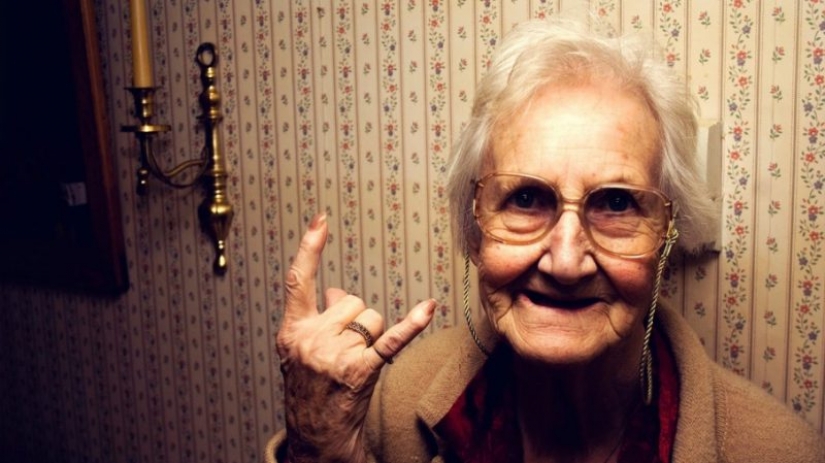
This is achieved through the export of oil, which is rich in this Scandinavian country. The Norwegian Sovereign Wealth Fund (Government Pension Fund Global, GPFG) receives profit from the sale of oil and gas, which is used for investments.
The Fund has the right to invest money at its discretion in real estate and securities, not only in Norway, but also abroad. At least 70% of the funds available to the fund are always invested in shares. GPFG's assets exceed $ 1 trillion, while the yield in recent years has ranged from 6 to 14%.
Citizens of the country who have at least 40 years of experience have the right to full pension provision. Norwegians can retire at the age of 67, regardless of gender. Contributions to the state insurance system range from 8% to 11.5%. Their size depends on whether the person is employed or self-employed.
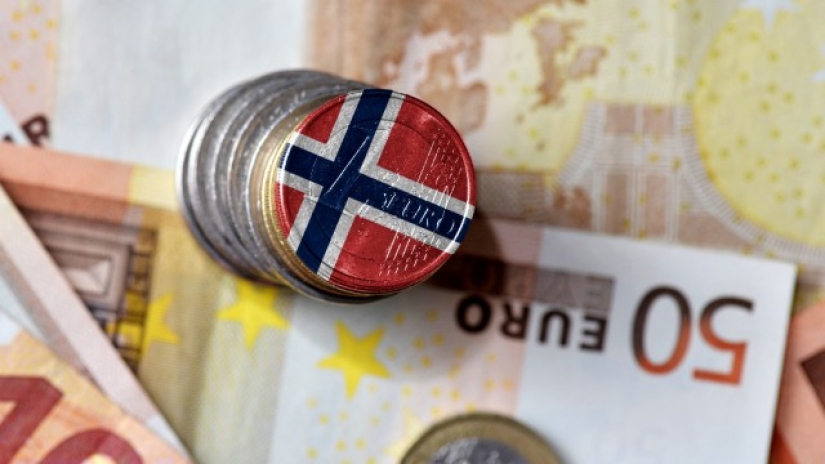
Norwegian citizens can make pension savings on an individual basis or participate in professional pension programs. In this case, the employer participates in the financing together with its employee.
Italy is one of the few countries that realized its mistake in the pension reform and took a step towards its citizens. The strict requirements adopted in 2011 have been relaxed. Italians can retire at 67 years and 7 months, but recently an amendment to the law was issued, allowing them to go on a well-deserved vacation earlier.

The pension reform of 2011 meant the transition to a funded system. Employees make monthly contributions to the National Institute of Social Security (INPS) or to professional cash registers. Funds from these funds are used not only for pension payments, but also for sick leave, as well as for a job loss allowance, which can be paid for 2 years.
The calculation of such monthly payments is made according to complex formulas that often change. If a person is employed, the employer makes contributions for him. Often, the monthly payment is 35-40% of the employee's salary.
Polish men can count on a pension from 20, and women - with 15 years of work experience. The Social Insurance Fund (ZUC) pays 19.2% of the salary, but half is paid by the employer. The amount of the pension is determined from the amount of savings and the age of the pensioner, while indexing takes place annually.
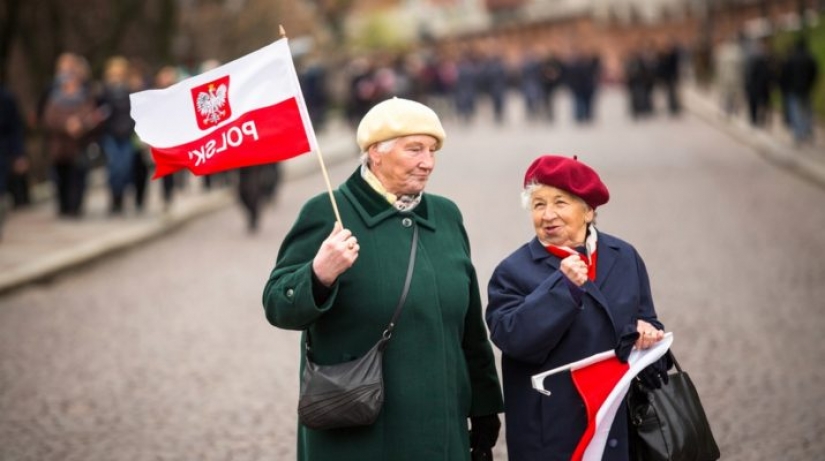
In 2017, the retirement age in Poland has been reduced and now it is 65 years for men and 60 years for women. The social pension is assigned in the amount of $ 277 (18 thousand 500 rubles), and at the end of this year, pensioners will also receive a "13th pension".
The state pension works on the principle of distribution and its share in the income of a Polish pensioner is 75%. In addition, many companies have their own corporate plans, and in addition, there are many individual pension programs from private funds in the country. The big disadvantage of the system is that an independent choice of a pension strategy is not available to Poles. All they can count on is tax benefits.
Unfortunately, our pensioners can only dream of such payments or try to provide for their old age on their own, as two elderly ladies from Yalta did.
Keywords: Pensioner | Pensioners | Pension | Employer | Social programs
Recent articles

It's high time to admit that this whole hipster idea has gone too far. The concept has become so popular that even restaurants have ...

There is a perception that people only use 10% of their brain potential. But the heroes of our review, apparently, found a way to ...
Related articles

Who said that being retired is a sad and boring? Of course some of them sit on the bench, constantly complaining of the existence ...

As it is not sad to admit, but modern urban society gets rid of the old. Young people, with rare exception, do not want to live ...

Now you are young and full of energy, but after some 20-30 years you will begin to think "what to live on in old age". After all, ...

New Year's is a time to surprise and delight loved ones not only with gifts but also with a unique presentation of the holiday ...